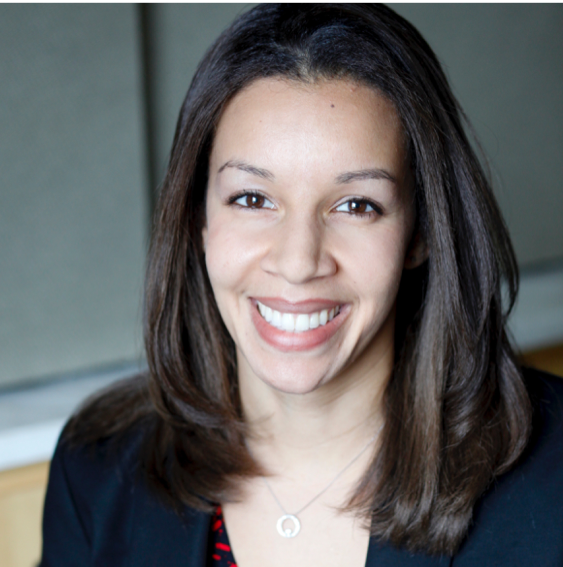Seeing Is Believing…and Understanding
 By Desiree M. Vazquez Barlatt, Program Officer, The Teagle Foundation
By Desiree M. Vazquez Barlatt, Program Officer, The Teagle Foundation
During my time as a program officer at the Teagle Foundation, I’ve visited numerous colleges and universities, community-based organizations, hotel conference rooms, convention centers, and even the East Wing of the White House. Recently, our work brought me on my first trip to a prison.
The mission of the Teagle Foundation is to support teaching and learning in the arts and sciences for undergraduates. In 2015, the Foundation awarded special grants to organizations that transport the liberal arts beyond college campuses, to serve special populations. The Prisoner Reentry Institute (PRI) of John Jay College of Criminal Justice is one of our grantees, and it was through this grant award that I found myself scheduled to visit the Otisville Correctional Facility. As program officers, we strive to learn as much about our applicants and grantees as possible. We connect over phone calls, exchange emails, and review in-depth descriptions of programs in proposals and progress reports. While these are key tools for connection, site visits provide an even richer level of understanding. During site visits, we don’t just read a story of impact; we feel and experience through first-hand testimony and direct observation.
The staff of PRI worked diligently over several months to coordinate our visit with participants in its Prison-to-College-Pipeline (P2CP) initiative, a reentry program that brings college courses to incarcerated populations who are within five years of release. The event promised to bring together stakeholders invested in this work with 52 students in the program and 10 students who started their studies in prison and now are in college in the community. Admittedly, this was the first grantee visit where I felt a bit nervous while entering the space. As I arrived, I took a moment to appreciate the fall foliage of upstate New York, albeit through rows of barbed wire. We were guided through security, bringing with us a limited number of approved items. However, as I entered the gymnasium where our luncheon gathering was to be held, I was warmly greeted by PRI staff and P2CP students and quickly felt at ease.
During lunch, I was joined by four students in their first year of P2CP. I was eager to ask questions, and they were open to sharing their experiences. They spoke freely about what they enjoyed in their English and anthropology courses as well as their frustrations. One student reflected, “Our professor asked us, ‘What does it mean to be human?’ Can you answer that?” As they went on to recount their classroom discussion and further their debate, I witnessed the sharpening of their critical thinking skills– just one of the many skills cultivated through the study of the liberal arts. I was so grateful to be in the room in that moment. A written report would not be able to convey the power of the exchange.
Like many college students, my tablemates had questions about the applicability of their general education coursework to their long-term career objectives. “I don’t understand how anthropology connects to my interest in accounting,” remarked one student. It was inspiring to be drawn into their future aspirations beyond their time served and to uncover the commonalities they share with so many students. Even still, I found an especially rich desire for learning. While they emphasized their gratitude for the opportunity to study, they longed for greater access and options.
During the formal program agenda, current students, as well as those who have returned to the community, offered reflections on their motivations for participating in the program and for continued pursuit toward graduation. Returning alumni shared stories about the difficulties of finding their way around campus, managing their time, and becoming self-advocates. A former participant told the audience how he met with 23 different people in his attempts to transfer college credits earned over many years. Notably, as he shared this story, he framed this challenge as an opportunity rather than a burden, explaining that the process helped him acclimate to his new campus.
Some of the panelists expressed trepidation about volunteering to return to Otisville, but they nevertheless wanted to support and inspire their former classmates and encourage continued studies. As I listened, I was humbled by their selflessness and felt foolish about my own initial apprehensions. From the outset, I was a welcomed guest with no previous tie to Otisville, save for my own biases. These gentlemen generously gave their time and willingly overcame any of their own reservations in service to others.
While stepping away from the office may be a challenge, program staff should seize every opportunity to connect beyond proposals and reports to experience the impact of funded work. Trust that it will enrich understanding, deepen connections, and possibly transform you as well.
